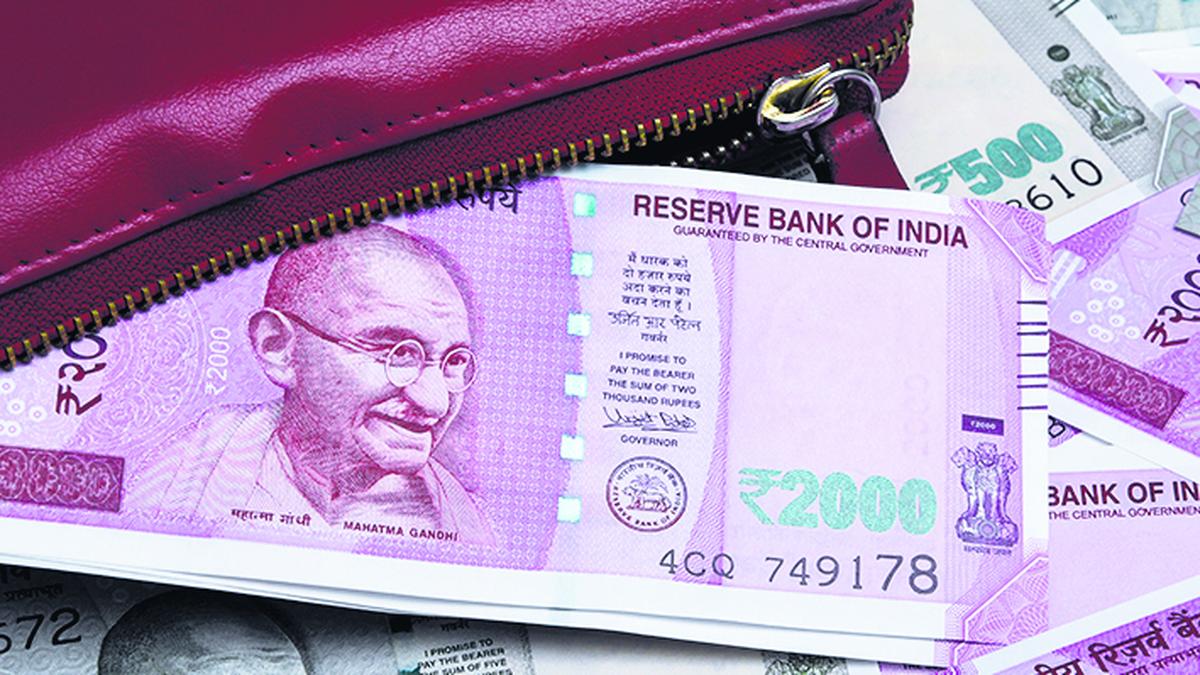
Senior citizen visits SBI to transfer ₹30 lakhs for wife’s treatment; Staff saves him from losing money to scammers
The Hindu
SBI Lothukunta branch in Hyderabad foils digital scam attempt to cheat 78-year-old doctor of ₹30 lakh.
Staff at the State Bank of India’s (SBI) Lothukunta branch in Hyderabad here foiled a bid by digital scamsters to cheat a 78-year-old doctor of ₹30 lakh.
SBI Hyderabad Circle, in a release on Wednesday (November 27, 2024), said the senior citizen, whose wife is also a doctor, visited the branch and met the Branch Manager Naveen Kumar with a request to close his Senior Citizen Savings Scheme (SCSS) account and transfer ₹30 lakh in it to savings bank account.
The Branch Manager realised something was amiss and also noticed that the customer was getting frequent calls on his mobile from the fraudsters asking him to speed up. On enquiring, the customer told the manager that the funds were required for treatment of his wife who is admitted to a private hospital following a brain haemorrhage.
Growing suspicious, the bank official alerted his Regional Business Office, which in turn contacted the private hospital and found out that no patient by the name had been admitted. The Branch Manager contacted the police who reached the branch and were told by the senior citizen that a man, who introduced himself as a Delhi Customs Officer said a parcel containing 16 passports and ATM cards has come in his name from Malaysia. Subsequently, another man impersonating as a senior officer with Delhi Crime Police said 30 bank accounts were opened based on Aadhaar card credentials of the senior citizen and connected to ₹88 crore money laundering fraud. The scamsters asked the senior citizen to close the SCSS account and transfer the funds to the SB account.
The intervention of the branch staff helped against the senior citizen falling victim and losing money, SBI said. It advised customers to lodge complaints about digital frauds/arrests by calling 1930 or on government portal www.cybercrime.gov.in.

Every year, snakebites claim the lives of tens of thousands in India, and is one of the leading causes of accidental death in rural areas. Agricultural workers, tribal communities, and residents of remote villages bear the brunt of this crisis, which often leads to death, permanent disability, and lasting psychological trauma. In many ways, snakebite is the “poor man’s disease,” disproportionately affecting the country’s most vulnerable populations.










